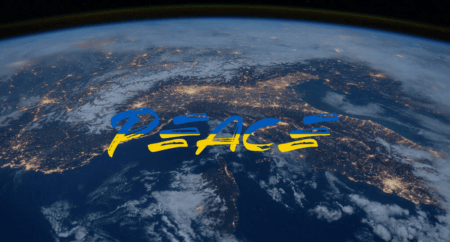Is Hungary’s reluctance to ratify Sweden’s NATO bid a strategic maneuver or a political defiance? Budapest’s recent engagement at the Brussels summit revealed a tug-of-war with the EU, particularly after Hungary stood alone against a unanimous decision in December. Prime Minister Viktor Orban, known for his firm political stances, claimed he “went to the wall” for Hungary before conceding to the EU deal to support Ukraine with a substantial package of 50 billion euros.
His stance reflects Hungary’s complex relationship with both the European Union and NATO, especially amid the increasing tension due to Russia’s invasion of Ukraine. While the EU has collectively shown support for Ukraine, Hungary has maintained a conspicuously neutral position, refusing to send arms and expressing skepticism towards the financial aid directed at Kyiv.
Orban, a vocal critic of the EU’s sanctions against Russia and support for Ukraine, has also been navigating a delicate relationship with Moscow throughout the conflict. This balancing act has placed Hungary under scrutiny from both Western allies and EU member states, raising questions about its commitment to collective defense and shared values.
Read also: IMF Predicts China’s Economic Slowdown Until 2028
Internally, the debate over Sweden’s NATO accession intensifies as Hungarian opposition lawmakers push for an extraordinary parliamentary session. The call to expedite the process comes in the face of international pressure, notably from senior US lawmakers who warn of long-term consequences to Hungary’s relationship with Washington should it continue to stall.
However, the mechanics of approval in Hungary’s political landscape are far from straightforward. Orban’s Fidesz party, wielding a commanding majority in parliament, has indicated that they will “wait” with a final vote on Sweden’s NATO bid until a meeting between Orban and Swedish Prime Minister Ulf Kristersson takes place, the timing of which remains uncertain.
The Hungarian Prime Minister’s track record of rapidly passing legislation with his party’s backing raises the question: What is causing the delay this time? While no explicit demands have been made public by Hungary, the connection between Budapest’s initial resistance to the EU’s financial aid for Ukraine and the subsequent agreement reached lends itself to speculations of strategic bargaining.
Moreover, the financial relationship between Hungary and the EU adds another layer of complexity. While the European Commission has unlocked some funds for Hungary, a substantial 20 billion euros remain withheld amid concerns over the country’s adherence to democratic principles. Orban’s government firmly rejects any allegations of undemocratic conduct, yet the tension remains a backdrop to the current NATO discussion.
As the regional dynamics continue to shift, the international community watches closely. With Hungary at a crossroads, the decisions made in Budapest will not only impact its ties with allies but also shape the narratives in European security and foreign policy. The unfolding situation serves as a reminder that in the theater of global politics, some acts are more drawn out than others, and the final scene in this drama is yet to be staged.
What’s your take on this? Let’s know about your thoughts in the comments below!












